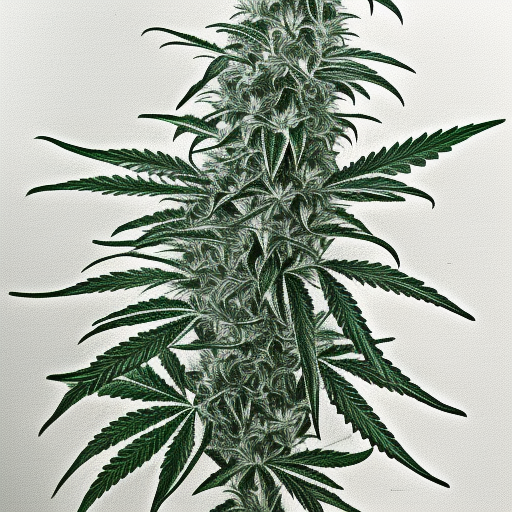
Newly published data suggests that individuals who experienced prenatal cannabis exposure may not suffer neurodevelopmental deficits later in life. The study, conducted by researchers from Columbia University and published in Pediatric and Perinatal Epidemiology, examined a cohort of 2,868 children born between 1989 and 1992.
The researchers included children whose mothers provided information on marijuana use during pregnancy. The primary outcome measure was the Clinical Evaluation of Language Fundamentals (CELF) at age 10, with secondary outcomes including the Peabody Picture Vocabulary Test (PPVT), Child Behaviour Checklist (CBCL), McCarron Assessment of Neuromuscular Development (MAND), Coloured Progressive Matrices (CPM), Symbol Digit Modality Test (SDMT), and Autism Spectrum Quotient (AQ) scores.
The researchers used propensity score matching to match exposed and unexposed children, while missing covariate data were imputed using multiple imputation. They also utilized inverse probability of censoring weighting (IPCW) to adjust for missing outcome data. Linear regression within matched sets, adjusted by IPCW, was then used to evaluate score differences between exposed and unexposed children. A secondary analysis using modified Poisson regression, adjusted by match weights and IPCW, evaluated the risk of clinical deficit in each outcome following prenatal cannabis exposure.
The results of the study showed that out of the 2,804 children in the cohort, 285 had prenatal cannabis exposure. After optimal full matching and IPCW adjustments, exposed children scored similarly on the Clinical Evaluation of Language Fundamentals. Moreover, prenatal cannabis exposure was not associated with any secondary outcomes or risks of clinical deficit in any neuropsychological assessments.
In conclusion, after adjusting for sociodemographic and clinical covariates, prenatal cannabis exposure was not associated with worse neuropsychological test scores at age 10 or autistic traits at 19-20.
These findings are consistent with several prior cohort studies evaluating the long-term health outcomes associated with in utero cannabis exposure, as reported by the cannabis reform group NORML. A 2017 review of these prior studies showed that the evidence base for maternal-infant health outcomes of cannabis use in pregnancy is more robust than for many other substances. The review also highlighted that human data drawn from four prospective cohorts have not identified any long-term or long-lasting meaningful differences between children exposed in utero to cannabis and those not.
With the rapid changes in cannabis laws in the United States, studies like this one will be crucial. It is important to have a solid understanding of the effects of prenatal cannabis exposure on neurodevelopmental outcomes to inform policy decisions and provide appropriate guidance to healthcare providers and patients.
This study’s results challenge the punitive approach taken by some jurisdictions towards pregnant women who use cannabis. Criminalizing pregnant women for substance use can lead to negative health outcomes and does not consider the potential benefits and harms associated with prenatal cannabis exposure.
In conclusion, this study provides valuable insights into the potential neurodevelopmental effects of prenatal cannabis exposure. However, further research is needed to fully understand the long-term consequences and potential risks associated with prenatal cannabis use. It is essential to continue monitoring and studying this topic to ensure evidence-based policies and guidelines are established to support the health and well-being of both mothers and infants.

